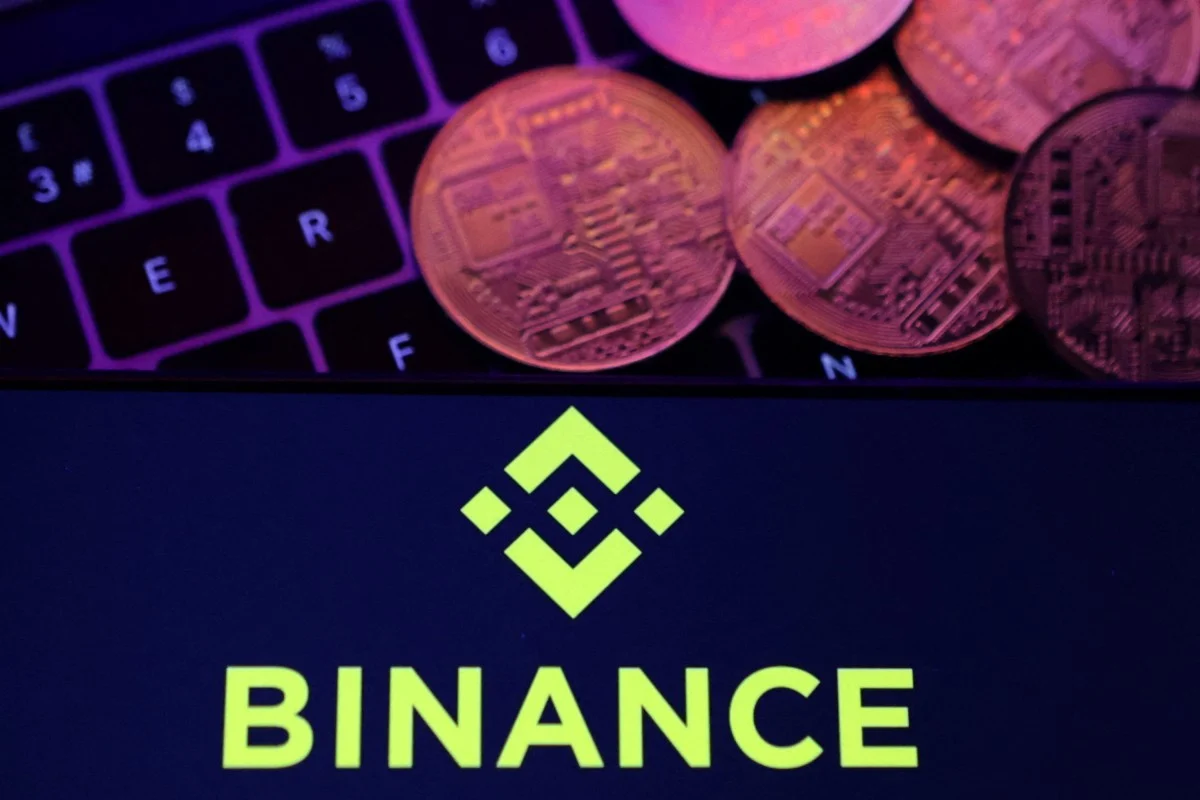Binance, the world’s largest cryptocurrency exchange, and its founder Changpeng Zhao have recently pled guilty to violating US anti-money-laundering laws, a move that could pose significant challenges to their expansion efforts in Hong Kong. This development comes as the Binance-backed Hong Kong firm HKVAEX prepares to apply for a crypto license in the city, raising questions about the feasibility of its ambitions.
On Tuesday, Zhao stepped down as CEO of Binance and admitted to breaking US laws as part of a hefty US$4.3 billion settlement concluding a prolonged federal investigation. Binance itself pleaded guilty to failing to report suspicious activities linked to terrorist groups and websites involved in child sexual abuse material, as per the US authorities. The exchange is concurrently grappling with regulatory issues in the US, including a lawsuit from the Securities and Exchange Commission over customer fund commingling allegations.
Binance’s recent history includes significant layoffs, executive exits, and a withdrawal from various European and Russian markets. The company’s stance on establishing a compliant presence in Hong Kong, which has recently implemented a mandatory licensing regime for centralized exchanges catering to retail investors, has been ambiguous. Given Binance’s regulatory troubles globally, industry experts have voiced skepticism about its prospects of acquiring a license in Hong Kong.
Intriguingly, Binance has established HKVAEX, a separate crypto exchange in Hong Kong, which, despite operating independently, shares resources with Binance. HKVAEX, which asserts its independence as a virtual asset exchange platform, is gearing up to apply for a Hong Kong license. However, the guilty pleas in the US by Zhao and Binance could now potentially hinder HKVAEX’s licensing process due to its significant ties to Binance.
Hong Kong’s Securities and Futures Commission (SFC) maintains stringent criteria for Virtual Asset Trading Platform applicants, focusing on their substantial shareholders, ultimate owners, or controllers. Any failure to comply with anti-money-laundering laws or convictions related to money laundering or terrorist financing could significantly influence the SFC’s assessment of a license application.
Brian Tang, from the University of Hong Kong’s Faculty of Law, emphasized the need for entities seeking licenses in Hong Kong to convincingly demonstrate their independence from individuals with serious criminal records. This requirement puts the onus on Binance and HKVAEX to prove their eligibility for licensing.
When questioned about Binance’s chances of obtaining a Hong Kong license post the US guilty plea, Elizabeth Wong, the SFC’s Director of Licensing and Head of Fintech unit, stated that it would depend on Binance’s market entry strategy and structural setup. As of now, Binance has not appeared on the SFC’s list of virtual asset trading platform operators that have submitted license applications.
This turn of events raises critical questions about the future of Binance and its affiliated firms in Hong Kong’s burgeoning cryptocurrency market, highlighting the complexities of navigating global regulatory landscapes in the evolving world of digital finance.
READ MORE:
